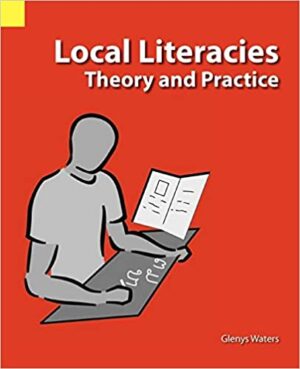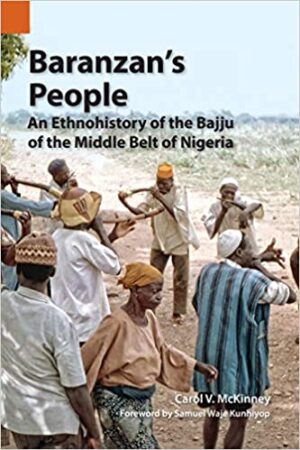KSh4,500
While many books have been written about basic literacy, few offer detailed information on how to plan and carry out a community literacy project. Fewer still give guidance in tackling the additional barriers of language, culture, and logistics in developing countries and in treating the local community as an active partner rather than a passive recipient in the literacy process. In Local Literacies: Theory and Practice, Glenys Waters includes these elements and presents a practical guide for developing a literacy program. Beginning with a discussion of the theories of learning and reading, the author provides a detailed description of how to plan and organize a literacy program when the practitioner has little to go on but wit, knowledge, and determination. With approximately one half of the book given to the development of instructional methods and materials in reading, writing, and basic math, Local Literacies will be especially helpul to those doing literacy work in linguistically diverse settings in much of the developing world. The reader will quickly discover that this is a book written by a person who has “been there and done that.” Waters has spent more than twenty years in Australia and Papua New Guinea, both as a practitioner and a consultant in programs of literacy for adults and children. This personal experience, plus a thorough knowledge of the professional literature, make Local Literacies a “must” for the pioneering literacy worker.
100 in stock
Description
While many books have been written about basic literacy, few offer detailed information on how to plan and carry out a community literacy project. Fewer still give guidance in tackling the additional barriers of language, culture, and logistics in developing countries and in treating the local community as an active partner rather than a passive recipient in the literacy process. In Local Literacies: Theory and Practice, Glenys Waters includes these elements and presents a practical guide for developing a literacy program. Beginning with a discussion of the theories of learning and reading, the author provides a detailed description of how to plan and organize a literacy program when the practitioner has little to go on but wit, knowledge, and determination. With approximately one half of the book given to the development of instructional methods and materials in reading, writing, and basic math, Local Literacies will be especially helpul to those doing literacy work in linguistically diverse settings in much of the developing world. The reader will quickly discover that this is a book written by a person who has “been there and done that.” Waters has spent more than twenty years in Australia and Papua New Guinea, both as a practitioner and a consultant in programs of literacy for adults and children. This personal experience, plus a thorough knowledge of the professional literature, make Local Literacies a “must” for the pioneering literacy worker.
-
Sale!

God’s Profound and Mysterious Providence: As Revealed in the Genealogy of Jesus Christ from the time of David to the Exile in Babylon (Book 4)
Original price was: KSh1,290.KSh890Current price is: KSh890. Read more -
Sale!

The Covenant of the Torch: A Forgotten Encounter in the History of the Exodus and Wilderness Journey (Book 2)
Original price was: KSh1,290.KSh890Current price is: KSh890. Read more -

Me vs Me: Conversations with My Tomorrow
KSh990 Add to cart





